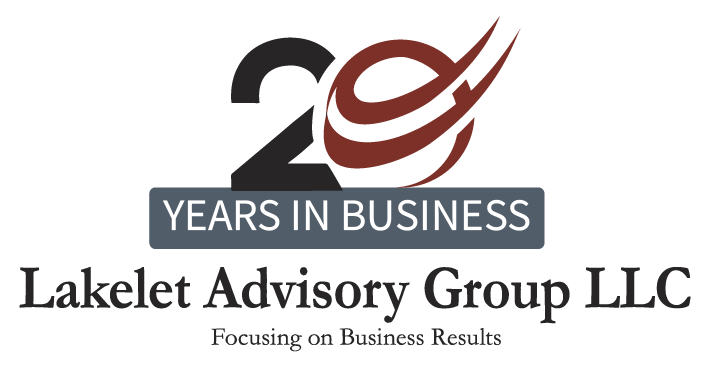ESOP Valuation Services
Expert Valuations for Informed ESOP Decisions
At Lakelet Advisory Group, we provide specialized valuation services for Employee Stock Ownership Programs (ESOPs). Whether you are establishing an ESOP, managing an existing one, or evaluating a potential transaction, our expert team delivers precise, compliant valuations that support informed decision-making and regulatory compliance.
Why Choose Lakelet Advisory Group for ESOP Valuations?
ESOP Expertise: Extensive experience in ESOP valuations, ensuring that your plan adheres to financial and legal requirements.
Objective and Defensible Valuations: We provide independent, reliable valuations that stand up to regulatory and legal scrutiny.
Compliance with Standards: Our valuations meet the standards set by the Department of Labor (DOL) and other regulatory guidelines, ensuring accuracy and transparency.
Ensure Compliance and Confidence in Your ESOP
Lakelet Advisory Group delivers expert ESOP valuations to help you manage your employee stock ownership plan effectively and ensure all transactions are fair and compliant.
Contact us to schedule a consultation and learn more about our ESOP valuation services.
